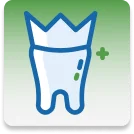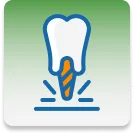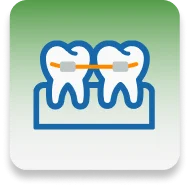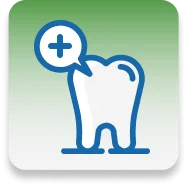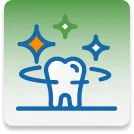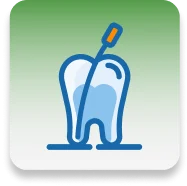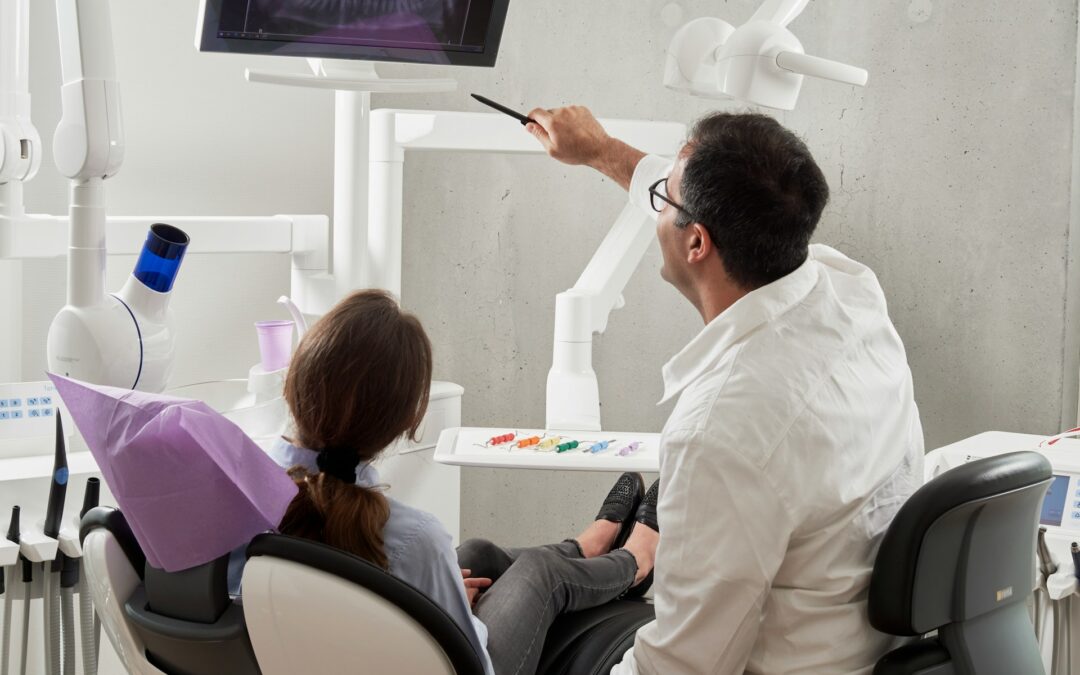Getting wisdom teeth is something many of us go through, usually in our late teens or early twenties. Sometimes they come in without any trouble, but other times they cause problems we don’t expect. Not everyone needs their wisdom teeth removed, but there are a few signs that could mean it’s time to check in with a dentist.
Late fall is a good time to start paying attention, especially in places like Parma, Ohio, where schedules tend to fill up fast once winter activities and holidays roll around. Catching these symptoms now can help you avoid surprises later in the season.
Feeling Pain or Pressure in the Back of the Mouth
One of the first signs that something might be off is a sharp or aching feeling in the back of your mouth. If your wisdom teeth are trying to come in but there isn’t enough space, that pressure builds up. It might feel like soreness near your jaw or a throb that comes and goes.
• The pain might get worse when you’re chewing or biting down
• It can stretch across the area near your lower back molars
• You may notice a sense of pressure pushing against other teeth
It’s easy to brush this kind of pain off as normal, especially if it starts mild. But if it sticks around or seems to get sharper, it could be related to your wisdom teeth moving into a tight spot.
Swollen or Tender Gums Around the Teeth
Sometimes it’s not the tooth, but the gums around it, that send the first warning. If your gums seem puffy, red, or sore toward the back of your mouth, that could be a sign your teeth are having trouble coming in.
• The gums near the back molars may bleed when you brush or floss
• Swelling in this area can make it uncomfortable to chew
• Tenderness that doesn’t go away might mean an infection is starting
Gums that don’t look or feel quite right shouldn’t be ignored. Even if the wisdom teeth haven’t completely broken through, changes in the gum tissue can mean they’re causing problems below the surface.
Problems While Chewing or Speaking
When wisdom teeth shift or come in the wrong way, it can affect the way your jaw moves. Chewing might feel different. Talking may come with a little tightness. These aren’t always easy to explain, but they can show up in small ways at first.
• Your bite may feel off or uneven
• Food could get stuck where it didn’t before
• You might notice cracking or clicking in your jaw whenever you open wide
These small changes can grow over time. What starts as a mild annoyance during meals can become a more noticeable concern if your bite continues to shift. You might notice that eating takes more effort or feels a little awkward, even if nothing looks very different. This shift is often gradual, and many people don’t connect it to their wisdom teeth at first.
Frequent Headaches or Earaches
Not all pain from wisdom teeth shows up next to your molars. It’s easy to forget that the jaw connects closely to muscles near the neck, head, and ears. When that area is inflamed or under pressure, it can lead to pain you feel somewhere else.
• Headaches that seem to come from the side of the face or behind the eyes
• Earaches that don’t feel like an ear infection but cause soreness or pressure
• Neck tightness or stiffness that shows up after eating
Because these symptoms don’t scream “tooth problem,” many people don’t think to bring them up right away. But if they show up along with other changes in your mouth, they might be part of the same issue. For some, these aches are more noticeable in the morning, especially after clenching their jaw overnight. A little extra attention to new headache or earache patterns can help identify if wisdom teeth may be the cause.
Signs of Infection or Damage to Nearby Teeth
Even when wisdom teeth stay mostly hidden, they can still affect the rest of your mouth. If they press against another tooth or trap bacteria in a tight spot, infections can form, or nearby teeth might develop new problems.
• A bad taste that doesn’t go away could point to an infection
• You might notice pus, bad breath, or extra sensitivity near the gums
• Cavities forming around your second molars may be from hard-to-reach places caused by crowding
It’s possible for a wisdom tooth to push into another without you realizing it. That can cause root problems or hidden damage that’s tricky to spot until things start to hurt. Infections in the gums can sometimes go unnoticed, especially if you already have sensitive teeth or gums from time to time. New bad breath or changes in taste can be clues to look for, even before there is any visible sign of trouble.
If a cavity develops on a back molar because wisdom teeth are crowding in, keeping that area clean gets even more challenging. You might find yourself brushing for longer or using extra floss, with the sore spot still sticking around. These challenges can sneak up quietly and suddenly make daily care a lot harder.
Making Room for a Healthier Smile
Changes caused by wisdom teeth often build up slowly. A little soreness here, some redness there. Taken alone, they might not seem like much. But together, they can start to affect how your whole mouth feels day to day.
This time of year is good for taking stock of how things feel. The busyness of winter is just around the corner, so catching small signs now can help you avoid major issues when your calendar is full. Stiff jaws, sore gums, or awkward chewing could be early clues that your mouth doesn’t have the space it needs.
Patients at Jordan M. Job DDS benefit from our experience with both preventive and emergency dental care, including digital X-rays and comprehensive exams to accurately assess wisdom tooth concerns. Our practice uses gentle diagnostic tools and individualized treatment planning to help keep your smile both healthy and comfortable, especially as you prepare for a busy season ahead.
If you notice persistent soreness, trouble biting, or gum swelling, it makes sense to keep track of these symptoms for a few days. Sometimes a little extra cleaning or a warm rinse can give temporary relief, but if things aren’t improving or get worse, reaching out can help clear up what’s going on. Even if nothing turns out to be serious, hearing directly from your dental team gives you peace of mind.
Often, we see that when patients bring up even small signs early, fixing a problem tooth or an inflamed spot is much easier. It is always better to check and find out nothing big is happening than to ignore symptoms until pain or damage has had time to grow. Your mouth can’t always heal on its own, especially when wisdom teeth are involved.
Checking in before winter means you can get ahead of long wait times and avoid the squeeze of booking appointments during a busier season. Sometimes just having a set plan makes the holidays and cold weather feel less stressful.
Take Charge of Your Oral Health Before Winter
Soreness near your back molars or pressure when chewing can be early signs that your wisdom teeth need attention, especially as winter approaches in Parma, Ohio. Subtle changes like these may signal underlying issues such as infection, pressure, or crowding. Getting ahead of potential problems can help you avoid bigger dental concerns later. Let our team at Jordan M. Job DDS check things over and discuss solutions together. Contact us today to talk about your wisdom teeth.

